While the Protestants criticized the cult of images, the Catholic Church ardently embraced them.
1600–1700

While the Protestants criticized the cult of images, the Catholic Church ardently embraced them.
1600–1700
Catholic artists painted primarily for the Church—while Protestants in Holland painted for the middle class.
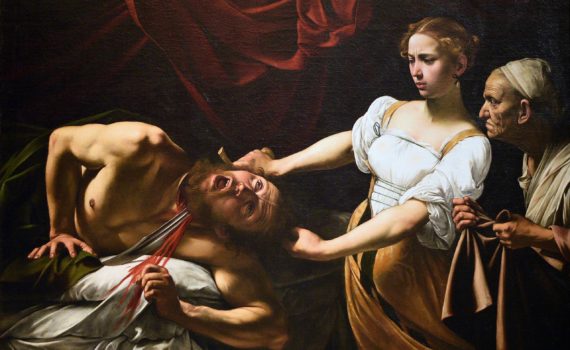
Discover paintings by Rubens, sculpture by Bernini, landscapes by Rosa, and architecture by Borromini.
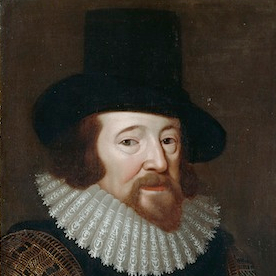
What is truth? Bacon argued for experimentation; like him, artisans and alchemists promoted direct observation.
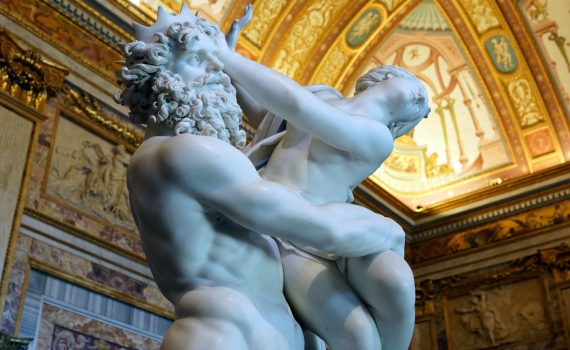
Pluto hoists up Proserpina. She resists, pushing him away. Their desires clash, creating a dynamic composition.
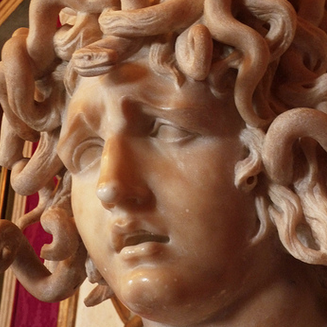
She’s a monster, but in this poignant marble bust, Medusa becomes a victim of her own plight.
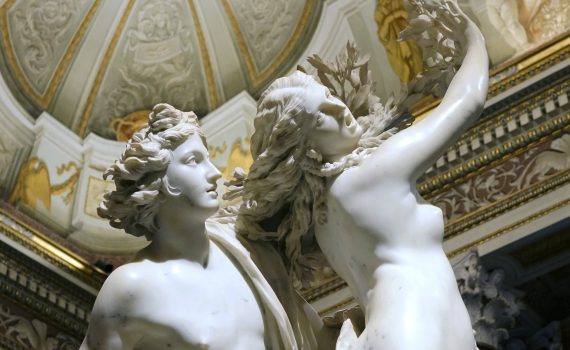
Skin transforms into bark, limbs sprout branches, and stone softens into flesh. What a perfect subject for Bernini.
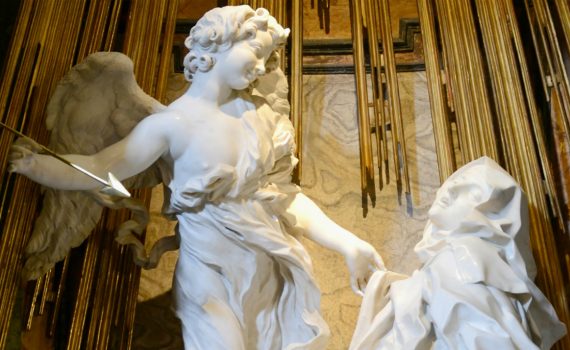
Gasp! Stone floats and light pours down from—where, exactly? Bernini creates a theatre for spiritual experience.
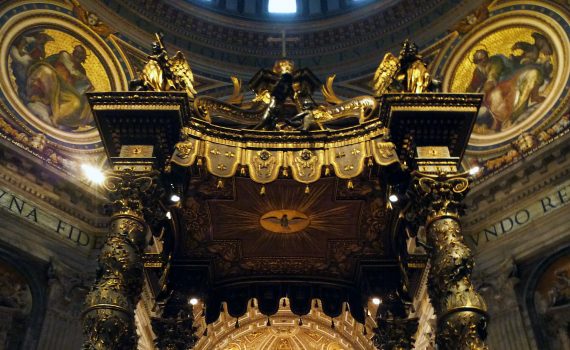
Over 60 feet tall, this daunting bronze canopy is part architecture, part sculpture—and part beehive.
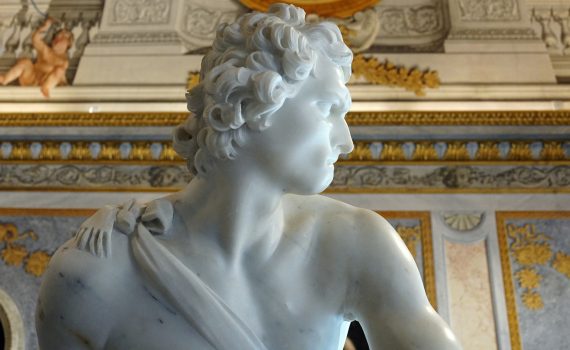
Duck! This slingshot may never fire, but Bernini fools us. We can feel David gathering strength to battle Goliath.
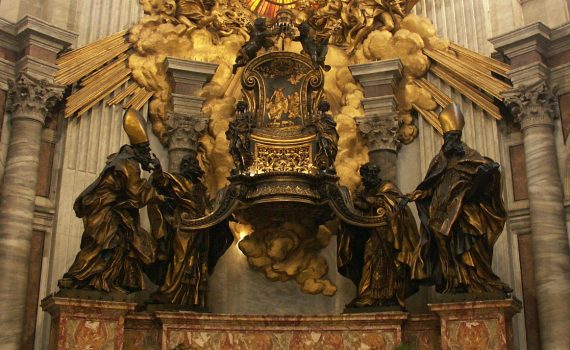
Did St. Peter sit here? Dizzying but unified, light and gold glorify this sacred place.
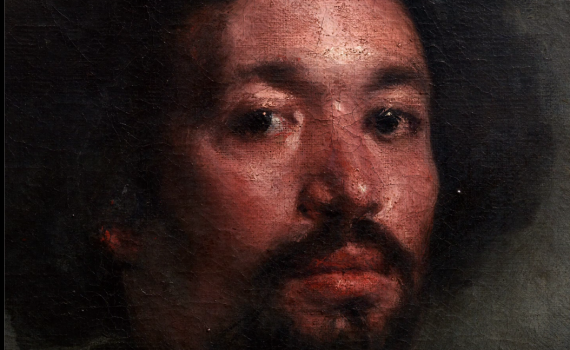
How do you paint your own slave? Painter Julie Mehretu explores Velázquez’s answer to this troubling question.
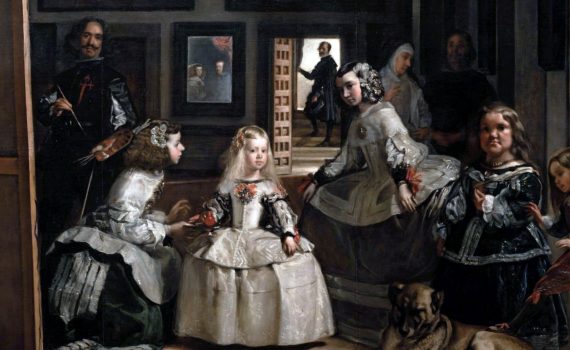
This puzzling painting about painting is half genre scene, half family portrait. But what’s on the large canvas?
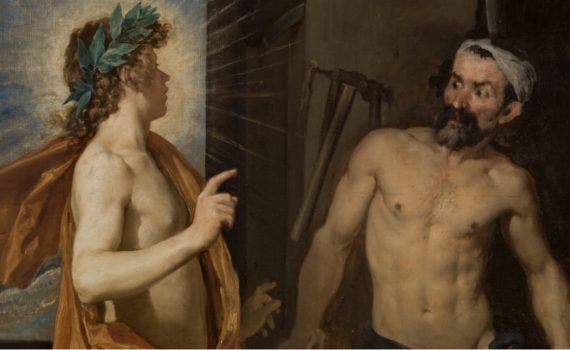
Don’t strike the messenger! Interrupted at his forge, a horrified Vulcan looks ready to hammer Apollo.